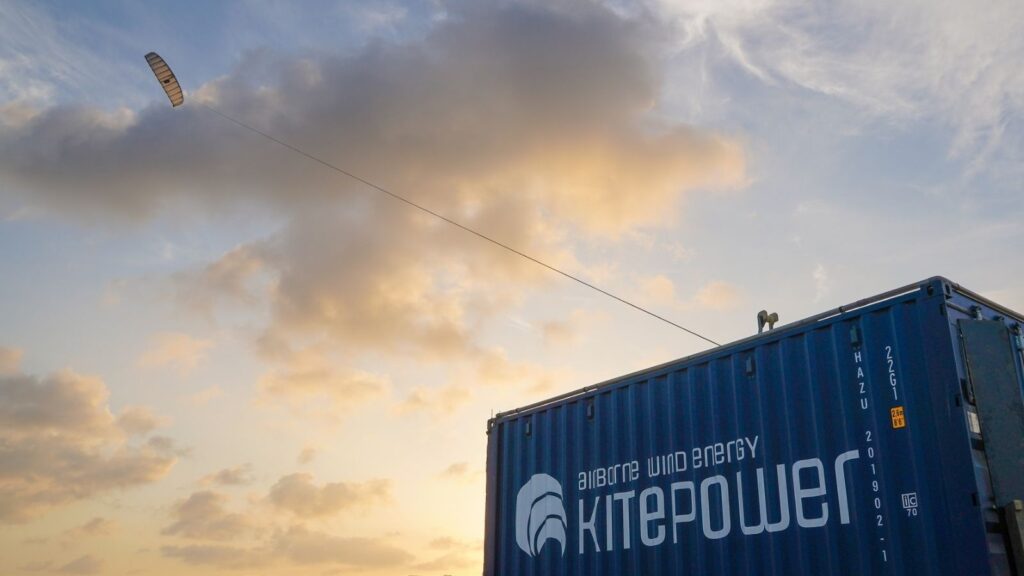The renewable energy sector is booming. Every week there are new technologies and innovations come to fruition all around the globe. It is fascinating to follow these innovations and see how they develop and grow, especially since some are startups and have often been created by a university student or innovation hubs. Many startups founded for this purpose are characterized not only by their innovative ideas but also by a great team that implements the ideas with many years of experience and industry-specific expertise.
The intention of enabling a more sustainable energy future has resulted in new ways of obtaining energy through solar and wind power and in methods that combine several approaches or create entirely new ones. Part of this is a commitment from investors and venture funds to supply the capital to keep innovation moving forward, allowing tech developments to shape the future of energy. One example, for instance, is Junction, a growth-equity fund planning to pump €100 million into energy innovation and startups. So, the ball is rolling, the funding is growing, and as a result of this new awareness, one renewable energy startup is creating quite the buzz.

The University of Delft – An energy start-up hub?
Rated as one of Europe’s top renewable energy start-ups, Kite Power is highly innovative and very different from many other renewable energy start-ups, which are usually related to wind and solar power. Kite Power creates energy from kites! However, before we look into who they are, let’s look at where they came from. Many innovative tech start-ups are coming from the same place, acting as start-up hub in Europe.
The University of Delft has been a starting point for many new companies in The Netherlands and abroad. Start-ups like The Great Bubble Barrier, The Ocean Clean Up, Crescent Tech, Scoozy, Roadmap, and many more. Supported by the Delft University of Technology, which ranks as the number one university in the Netherlands, and YES! Delft incubator, ranked among the top 5 of the world’s best university incubators, Delft is starting to see its first batch of real start-up successes. This year, ten of their start-ups are on the main European list of successful start-ups to watch for one small University town, which is quite an achievement. Kite energy been one of the products of the YES! Delft incubator.
Kite Power
The Dutch Startup Kitepower developed innovative and cost-effective alternatives to existing wind turbines by using up to 90% less material with the potential of being twice as efficient as conventional wind turbines with the same power output. This start-up evolved a patented technology, which does not require resource-intensive towers or heavy foundations, enabling high mobility and easy deployment. Kitepower systems can generate capacity and cost-effective electricity in return by facilitating stronger and more persistent winds at higher altitudes. With their main product, the Kitepower Falcon, the innovative Start-up enables remote communities worldwide to mitigate dependency on polluting and expensive diesel supply.

One of Kitepowers’ most exciting projects was a request to set up a kite-powering system on a remote Caribbean island. This is the perfect situation for one of Kitepowers’ kites because they are easy to set up, use, and take down. They leave no environmental impact once they are gone, and the energy is entirely sustainable. For a remote island, this is a perfect solution. It would have otherwise been tough for the island to import a large generator with diesel or even build a solar or wind farm.
Kitepowers’ kites generate energy through friction and tension via their cables. The kite moves in a figure-eight motion, creating constant movement and pressure to produce power. The kite is slowly pulled in, creating more tension, and then again is released by the wind to a higher altitude, where the process is repeated. It is a great, low-impact, renewable energy solution that will see growth and success in the years to come.



